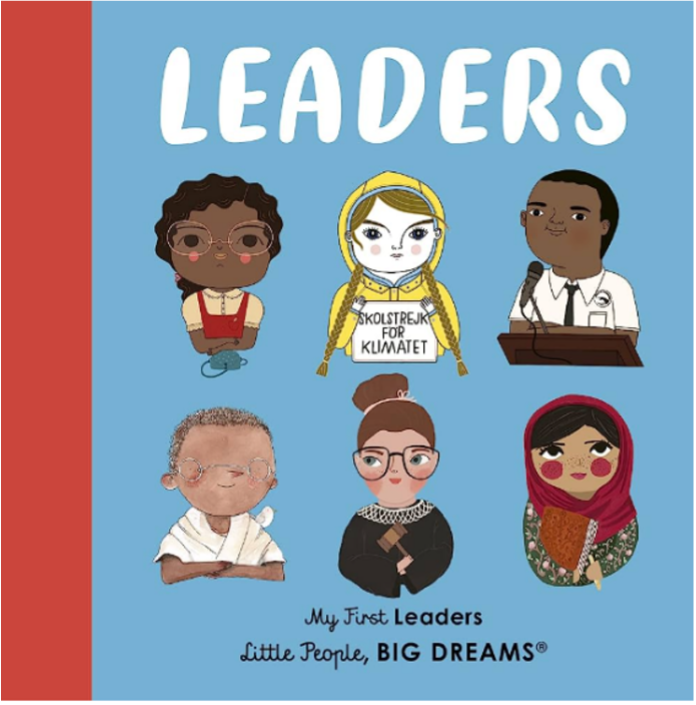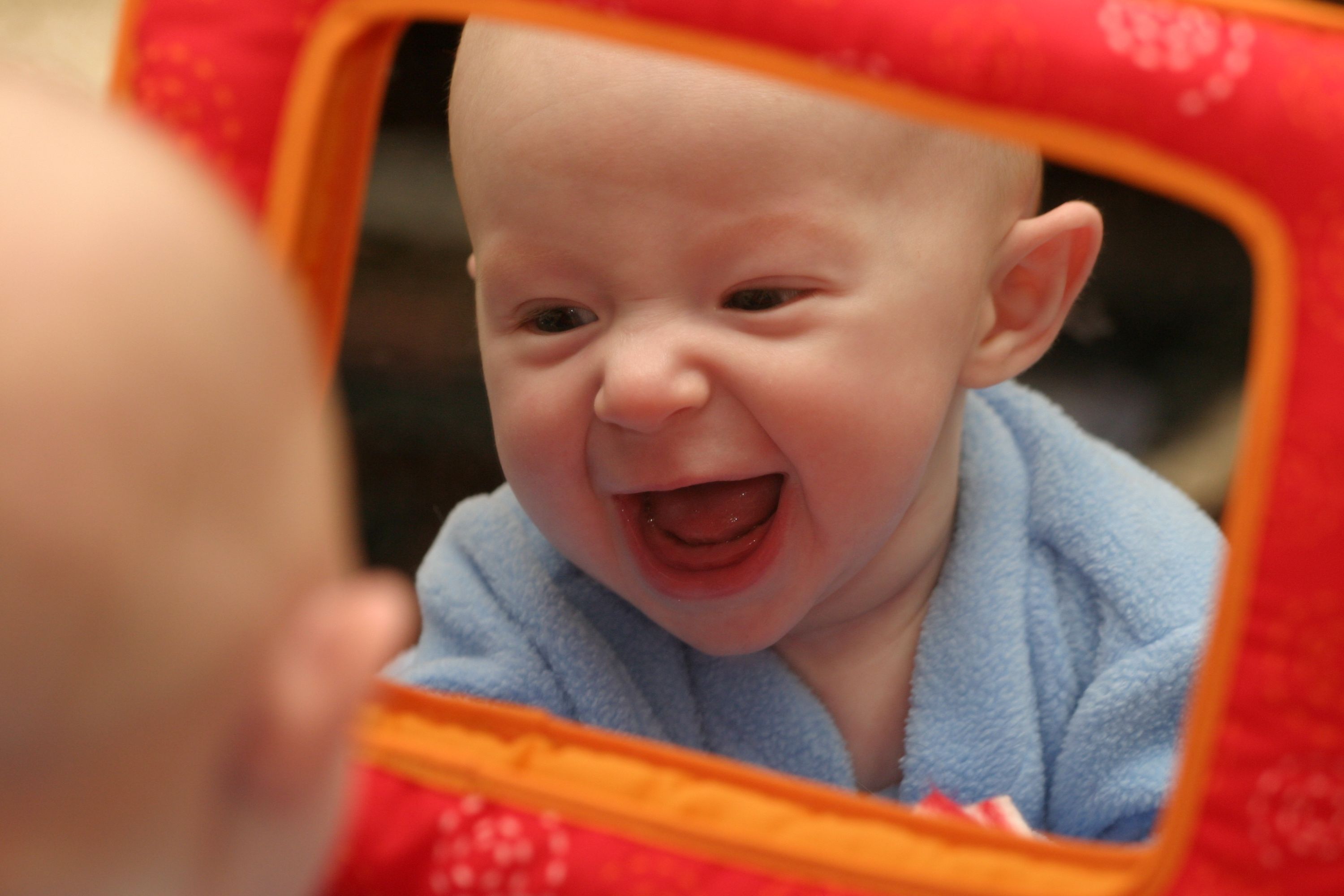June 2023 Newsletter
We are all leaders
When you think of people in your life as leaders, what do you notice? What do you observe about how they speak and act? How do you feel when you are with them?
We often think about leaders as people in a position of authority who give directions to others. Yet, leadership is actually a set of skills, mindset and way of being in the world that each of us can learn.
As early childhood educators, we are all leaders. We are not only leaders to the children in our care – we also provide leadership and support to colleagues, families, and our communities.
As leaders, each of us has individual strengths that make us shine, that draw people towards us. Each of us also has opportunities for growth. We must develop and show leadership skills such as empathy, curiosity and respectful communication. As leaders, we need courage to seek feedback from those around us and be willing to use self-awareness.
When we see ourselves as leaders in the field of early learning, we can build a strong community. We can lead the field of early learning to a bright future. This is the valuable and inspiring work of educators like you!
Leadership is not about titles, status, and wielding power. A leader is anyone who takes responsibility for recognizing the potential in people and ideas, and has the courage to develop that potential.
Brené Brown, researcher, professor and author
Book nook

Hello little leader! Let’s learn about braveness, and boldness, and kindness. There’s plenty of leaders who were once young like you.
Maria Isabel Sanchez Vegara, author
Every great leader began as a young child, with hopes and dreams and ideas. This book introduces children to great leaders from the past and from today.
The book is part of a best-selling series for kids called Little People, BIG DREAMS. The series explores the lives of artists, scientists, activists and other leaders from around the world.
Find these books and more at Yukon public libraries!
Do you know?
The ELCC web hub offers professional resources to support your work as early learning leaders
Each of these organizations feature current evidence-based practices in the field of early learning.
BC Early Learning Framework: The BC Early Learning Framework is an invitation to re-envision early care and learning spaces, education systems, and society. It is intended to promote dialogue about understandings of childhood, knowledge, education, and learning.
The Canadian Child Care Federation: A diverse community of educators, policy makers, and families committed to giving the children of today the head start they need tomorrow.
Encyclopedia on Early Childhood Development: A reliable and easy-to-use reference tool, a unique and free resource of the best knowledge on early childhood development.
Caring for Kids: Information for families and caregivers from Canada’s pediatricians
National Association for the Education of Young Children: Promoting high-quality learning by connecting practice, policy, and research.
Centre on the Developing Child (Harvard University): Reaching for breakthroughs with science-based innovations.
Find links to these websites and more professional resources on the professional resources page.
Know Thyself
Self-awareness is one of the most important capabilities to develop
What is self-awareness?
For Daniel Goleman (author of Focus: The Hidden Driver of Excellence) leadership begins with self-awareness. Self-awareness is knowing and understanding your emotions. It is exploring your strengths and finding areas to grow. It is noticing your needs and motivations. Self-awareness is key to working with others.
To learn more about self-awareness and leadership, check out these links:
- What Self-Awareness Really Is (and How to Cultivate It): https://hbr.org/2018/01/what-self-awareness-really-is-and-how-to-cultivate-it
- 6 Principles of Pedagogical Leadership, from New Brunswick Department of Education and Early Childhood Development: https://www2.gnb.ca/content/dam/gnb/Departments/ed/pdf/ELCC/pedagogical-leadership.pdf
- Brené Brown’s Dare to Lead Hub (Developing Brave Leaders and Courageous Cultures): https://brenebrown.com/hubs/dare-to-lead/
Supporting self-awareness in children
Self-awareness is one of the core competencies of social emotional learning (SEL). It helps children have confidence. It supports good friendships. It builds a growth mindset. Children can face the world with optimism. Just as self-awareness is important for educators, it is important for children too.
There are many ways we can support children build self-awareness. We can teach children to understand their emotions and empathize with others. We can listen with empathy and help children name their feelings. We can read books to children about these ideas. We can do activities that help children understand themselves and others.
Looking for information to support social emotional learning strategies?
- CASEL Framework for applying evidence-based SEL strategies: https://casel.org/fundamentals-of-sel/what-is-the-casel-framework/
- Pyramid Model for supporting social emotional competence in infants and young children: https://www.pyramidmodel.org/
Grow
“Critical reflection involves thinking critically and methodically about fundamental beliefs, with the goal of better understanding the various cultural, social, material, and historical forces that shape our sense of self and others and how we view the world. Critical reflection is both an individual and collective process that includes dialogue with colleagues as well as with the broader community.”
(B.C. Early Learning Framework, 2019, p. 49)
To know thyself is the beginning of wisdom.
Socrates, philosopher
Consider these reflective questions:
- Spend time noticing the multiple (verbal and non-verbal) ways that thoughts and views are expressed by children. What did I learn? What surprises me? (p. 73)
- Consider intentionally listening to all modes of expression. What could I and my colleagues discuss about this? (p. 82)
- How might my biases and perceptions impact my work? (p. 70)
Explore
Activity idea: “All About Me”
All about me activities help children develop a sense of self and celebrate their unique strengths and abilities. It also helps educators get to know the children they nurture.
Possibilities include:
- Body tracing: Fill the drawing with pictures of things and people the children care about.
- All About Me bags: children bring a bag filled with some of their favourite items and talk about why they are important.
- Infants and toddlers can explore themselves and learn about emotions using mirrors or anything else they can see themselves in!

Your uniqueness is what makes you special, and that is beautiful.
Nia Jax, professional wrestler
Books to read:
- Be You! by Peter Reynolds
- Whoever You Are by Mem Fox
- All Are Welcome by Alexandra Penfold
- The Skin You Live In by Michael Tyler
- I Like Me by Nancy Carlson
- What’s My Superpower? by Aviaq Johnston
- What I Like About Me! By Allia Nolan
More resources:
A sense of place supports the development of self-awareness and identity. Explore this idea more: https://www.playfullearning.com/resource/developing-sense-place/